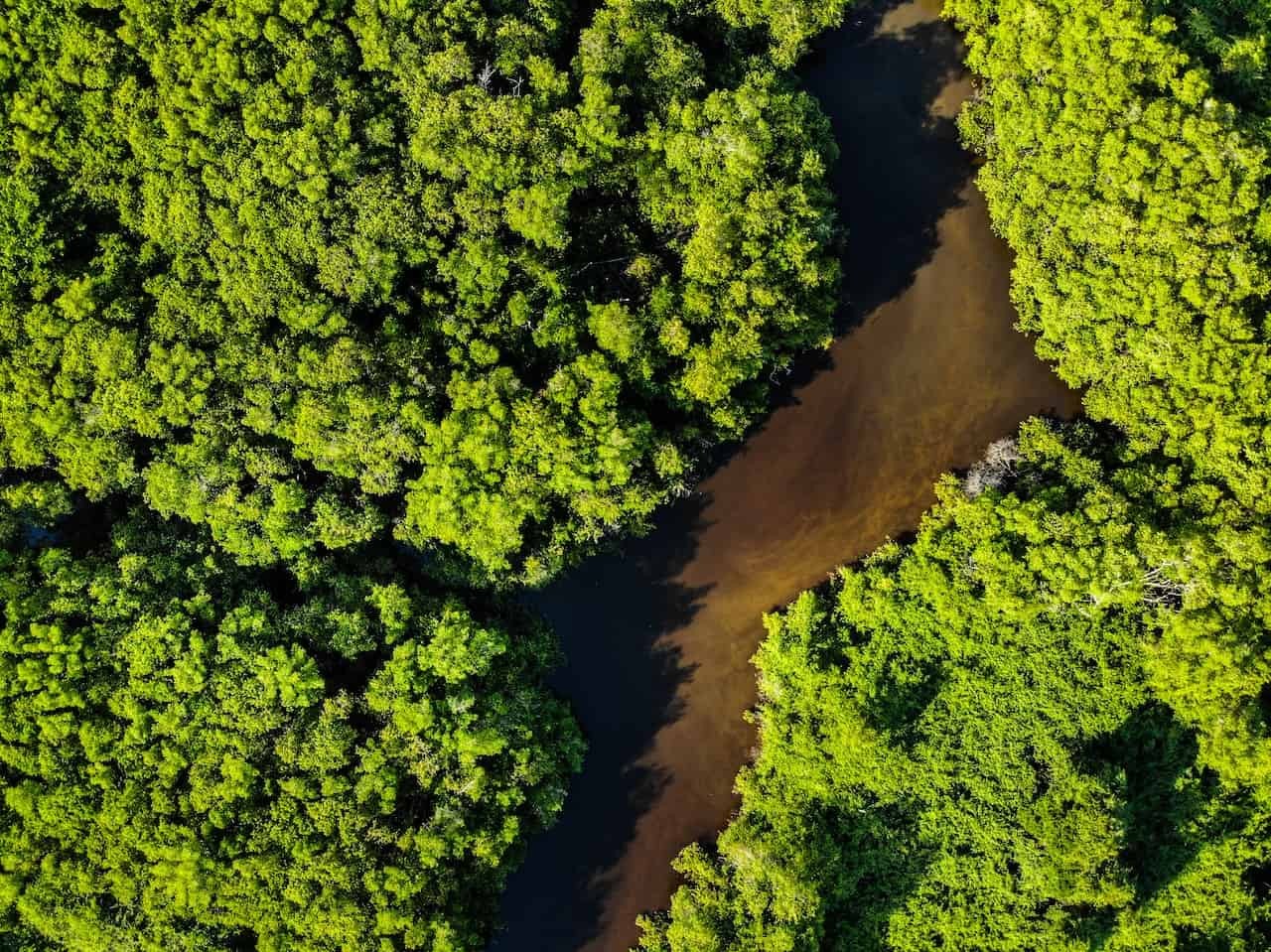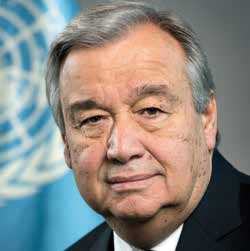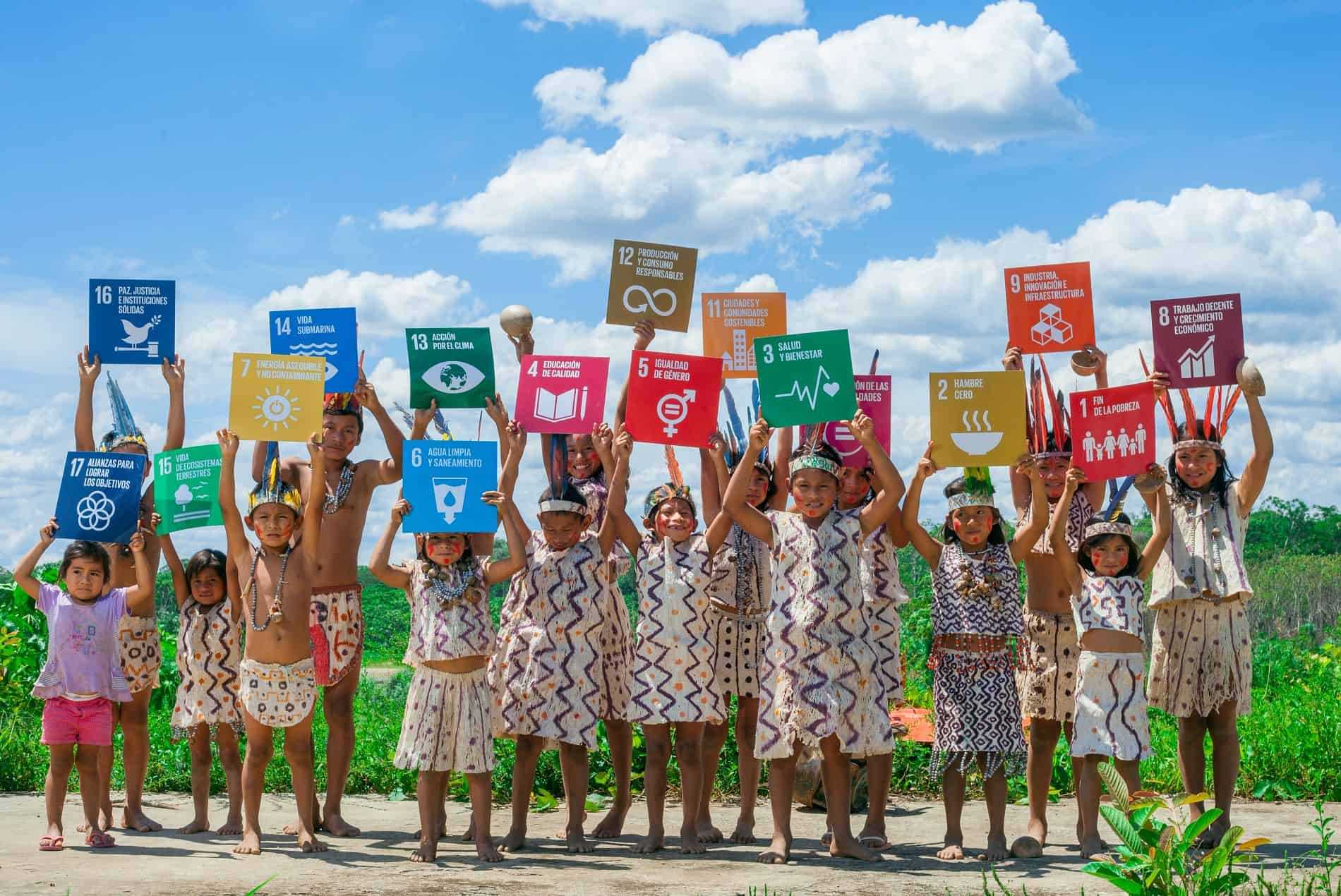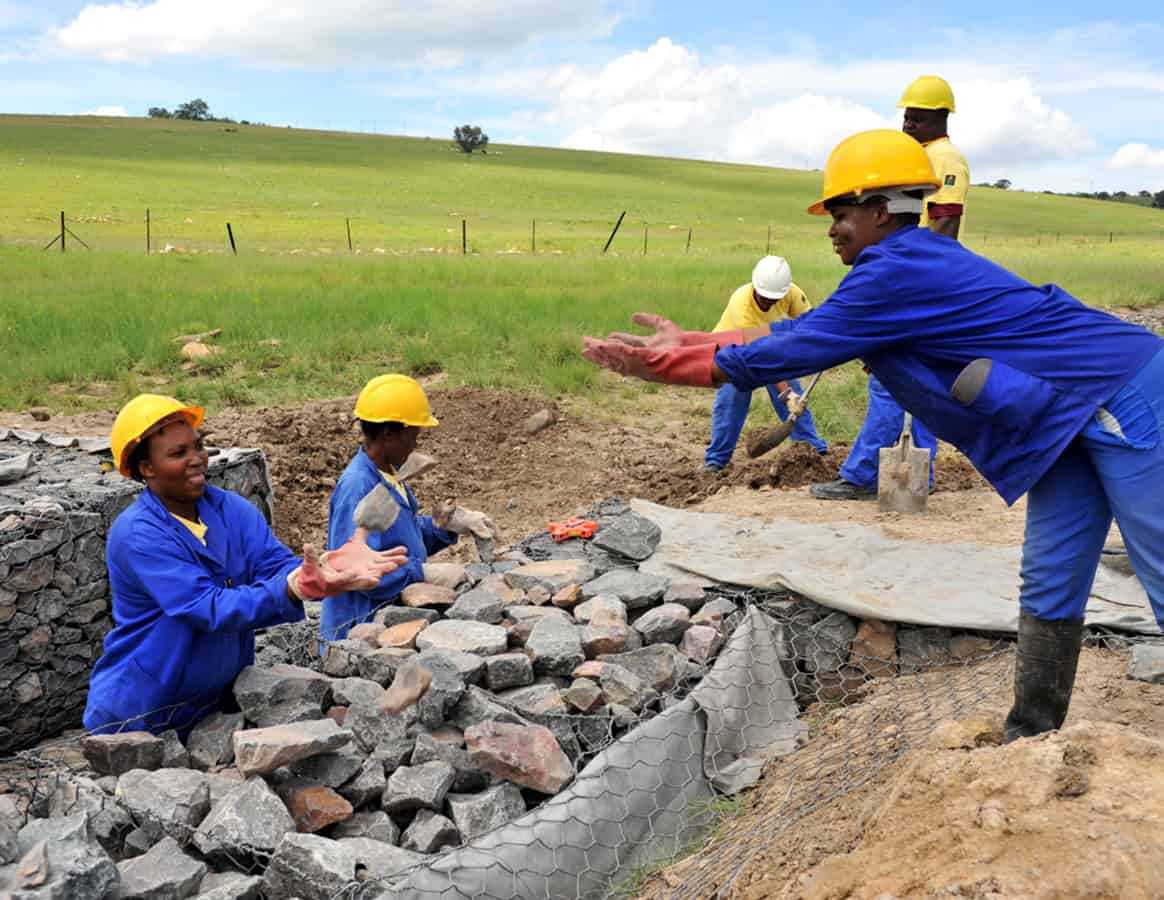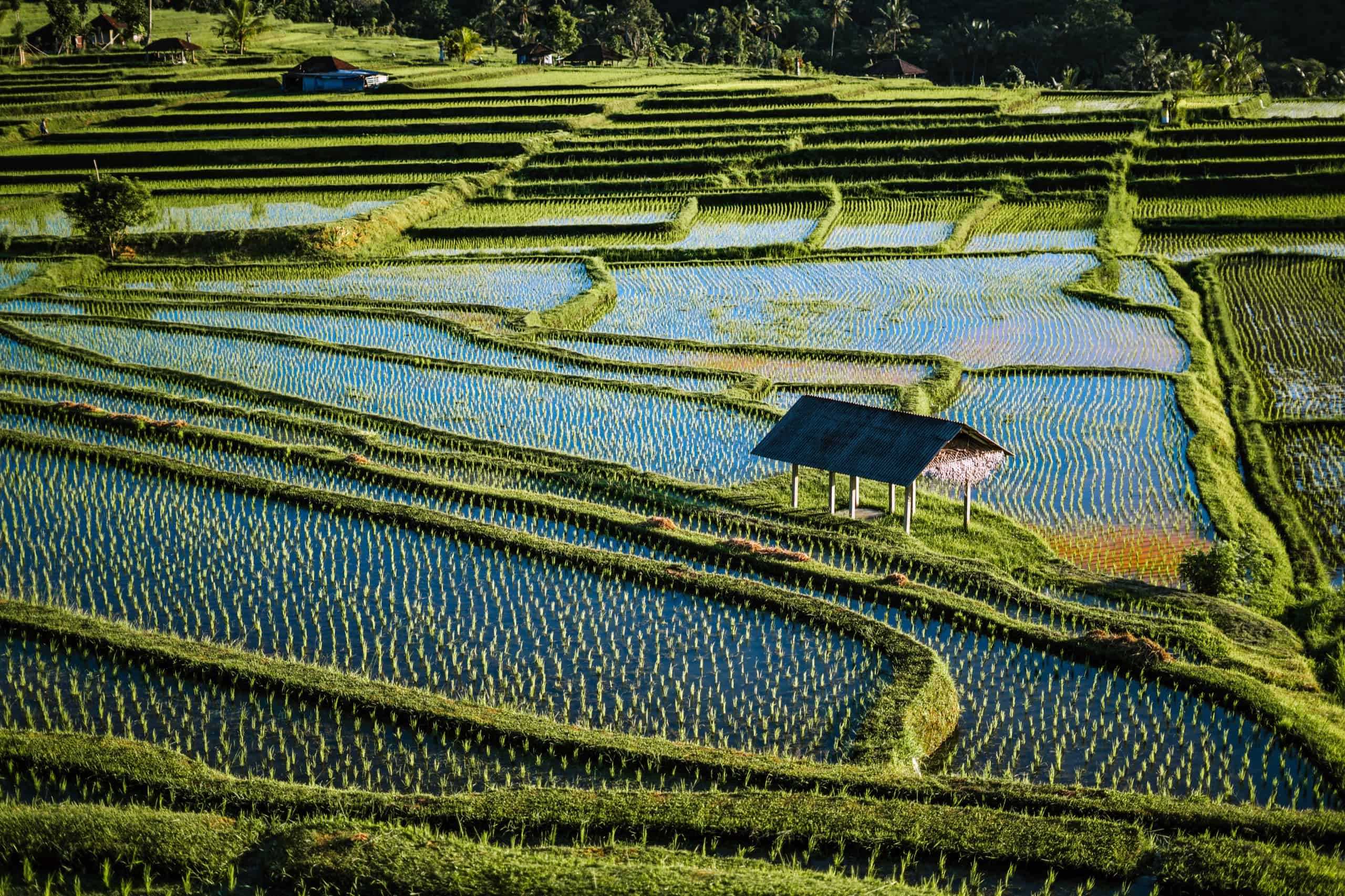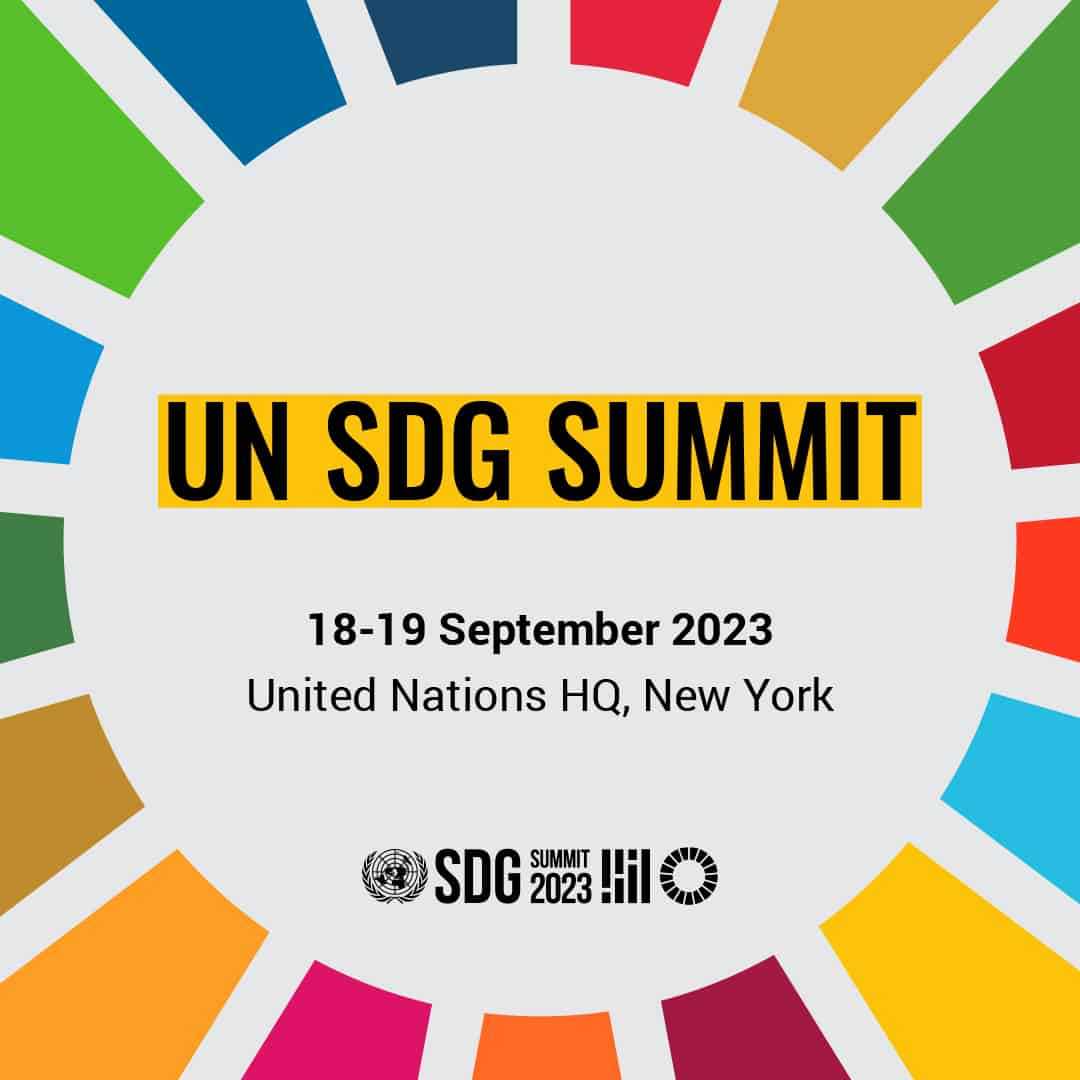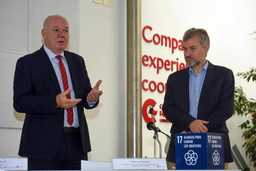At halftime toward the deadline of 2030, the promise of the SDGs is in peril. For the first time in decades, development progress is reversing under the combined impacts of climate disasters, conflict, economic downturn and lingering COVID-19 effects.
The 2023 SDG Summit will gather world leaders at the United Nations Headquarters in New York on 18-19 September to reaffirm their collective commitments to the Goals and the promise to leave no one behind. This Summit is a defining moment to urgently put the world back on track to achieving the SDGs.
PAGE and the Global Goals
PAGE works to transform economies into drivers of sustainability by supporting nations and regions in reframing economic policies and practices around sustainability – allowing the development of a green economy. Here we explore how PAGE’s work tackles the 17 UN Sustainable Development Goals.
Through integrated and holistic support, PAGE enables countries to reduce poverty, increase jobs and social equity, and strengthen livelihoods and environmental stewardship while sustaining economic green growth.
UN PAGE is effective through the partnering of five UN agencies, funding partners, and partner countries that work together to transform economies into drivers of sustainability by supporting nations and regions. PAGE is recognized as a model for delivering coordinated support of the UN to countries for achieving Sustainable Development Goals (SDGs) and targets of the Paris Agreement.
In many ways, PAGE aligns with the 2030 Agenda for Sustainable Development. With its upstream policy focus and comprehensive thematic portfolio, PAGE is well-placed to respond to the interconnected nature of the SDGs.
Through an inclusive green economy strategy, PAGE helps governments work together across sectors and integrate policies and procedures to accomplish the SDGs.

